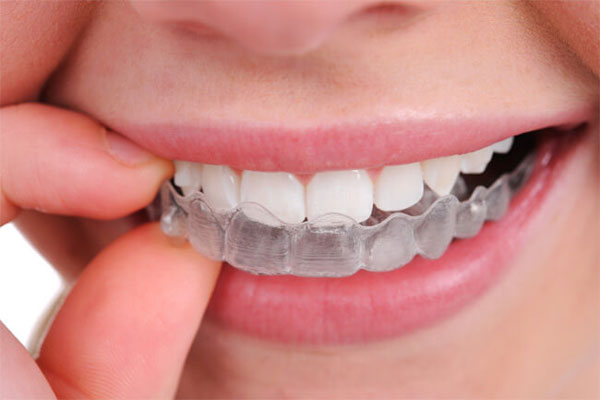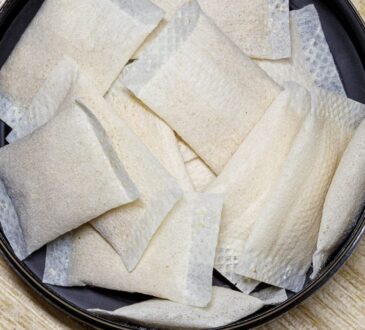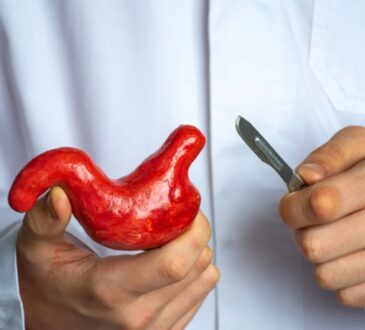
Sports-related injuries are common due to the physical demands of athletic activities, negatively impacting individuals of all ages, from children to adults. The mouth is especially susceptible to injuries. Athletic mouthguards play a crucial role in protecting the mouth from sports-related harm.
The dental practice in Valley Village offers innovative mouthguards designed to shield against sports-related injuries. In this informative blog post, dental specialists will explore the method of caring for your athletic mouthguards. So read on!
What is a mouthguard?

Mouthguards, a form of dental appliance, shield the teeth by covering them. The American Academy of Pediatric Dentistry (AAPD) recommends their use during sports activities due to the various advantages they offer to both children and adults. These devices are primarily crafted to safeguard teeth, effectively minimizing the force transmitted from an impact point during trauma to the central nervous system.
How to care for your athletic mouthguards?
Here are some essential tips on how to care for athletic mouthguards:
Daily care
-
Rinse the mouthguard before and after every use
-
- You can clean your mouthguards using soap and water gently with a soft-bristled toothbrush.
- Non-abrasive toothpaste can also be used.
- Your dentist may also provide specially formulated mouthguard cleaners.
- Avoid using hot water.
Regular maintenance
-
Deep cleaning
-
-
- Soak your mouthguards periodically in an antimicrobial solution or a denture cleaner to ensure it is sanitized.
- After cleaning ensure the mouthguard is completely dry before storing it in the container to avoid mold and bacteria growth.
-
-
Inspect regularly
-
-
- Check your mouthguard for any signs of wear, tear, or damage.
-
-
Proper storage
- Always store your mouthguard in a sturdy, ventilated container when not in use.
Additional tips
- Keep your mouthguard away from direct sunlight and hot surfaces to prevent warping
- Avoid chewing on your mouthguard as it can damage the material and reduce its effectiveness
- Bring your mouthguards to dental checkups for professional cleanings and ensure they still fit properly
- Consider having a spare mouthguard, especially if you are actively involved in sports, so you are always prepared.
Bottom line
Mouthguards serve as vital protective devices, shielding the teeth, jaws, and oral tissues from injuries, trauma, and detrimental habits. These appliances are instrumental in preserving oral health and promoting overall well-being. Consult your dentist to address any oral concerns and identify the most suitable type of mouthguard for enduring oral benefits. By following proper care guidelines, you can extend the life of your athletic mouthguard and ensure it provides the best protection for your teeth and mouth.



